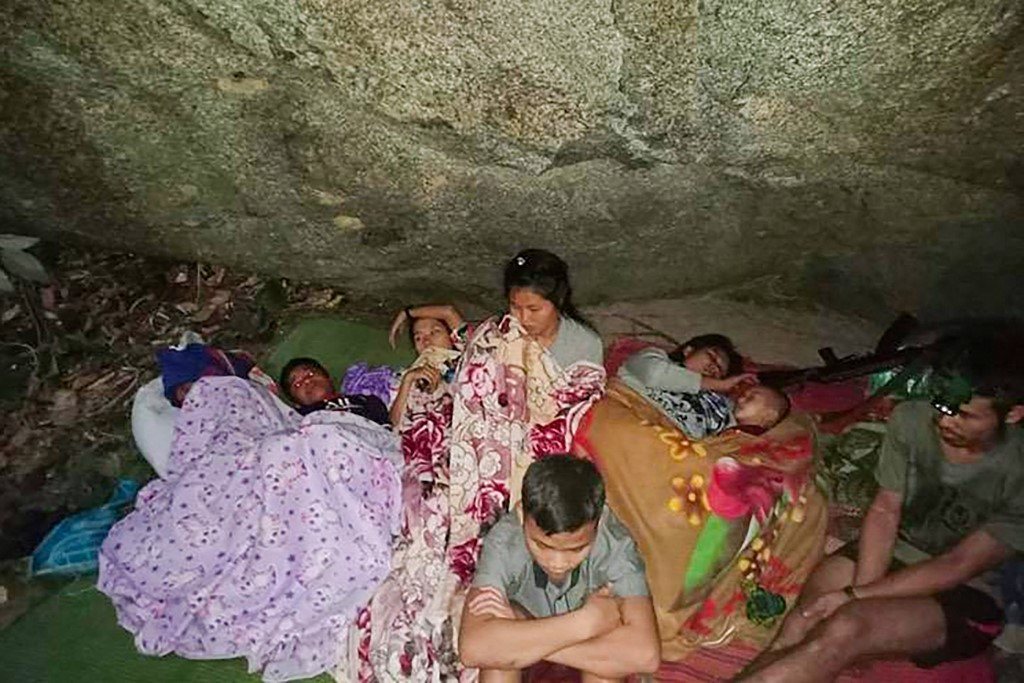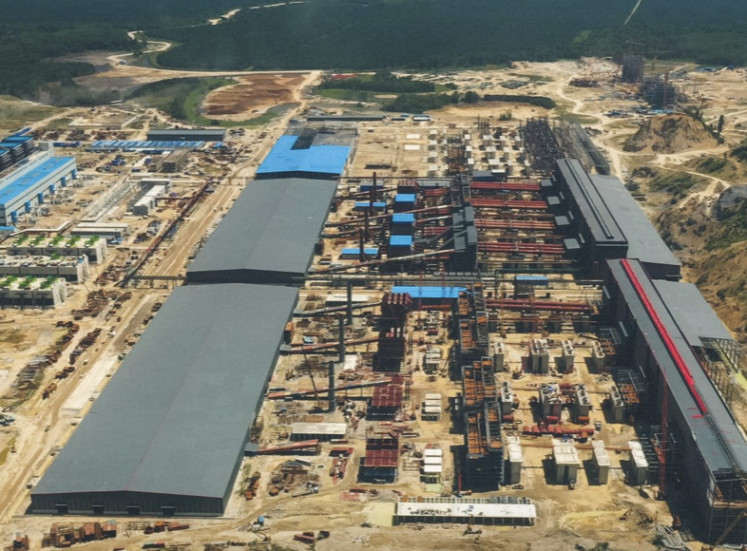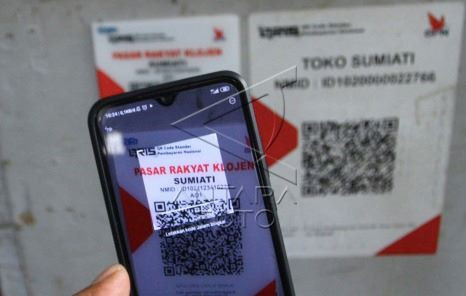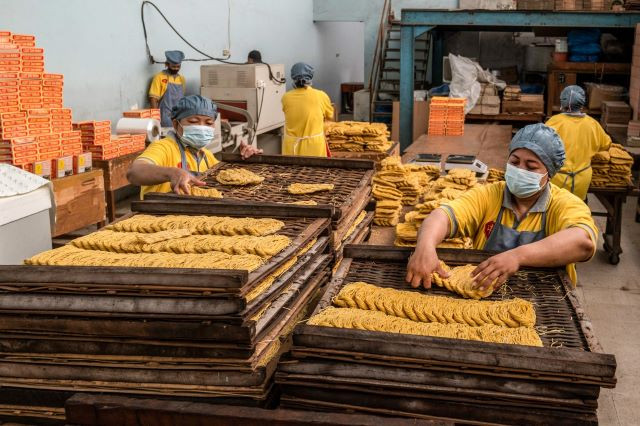Popular Reads
Top Results
Can't find what you're looking for?
View all search resultsPopular Reads
Top Results
Can't find what you're looking for?
View all search resultsAh Khu and Ana: How many more will be lost while ASEAN looks the other way?
ASEAN can no longer look away. It must take extraordinary measures in this moment of our history.
Change text size
Gift Premium Articles
to Anyone
 Residents from Day Pu No village hide in the jungle, north of Hpa-pun in eastern Myanmar's Karen state, after the area was hit by airstrikes late on March 27, as the country remains in turmoil after the February military coup. (AFP/Handout)
Residents from Day Pu No village hide in the jungle, north of Hpa-pun in eastern Myanmar's Karen state, after the area was hit by airstrikes late on March 27, as the country remains in turmoil after the February military coup. (AFP/Handout)
H
er friends called her Ah Khu. Born in Falam, close to the north-western border with India, she spoke many of the ethnic languages of Myanmar.
As a child, Ah Khu moved from place to place following her father’s postings as a civil servant. In her early 20s, Ah Khu joined a women’s group, Women for Justice, and for more than a decade worked tirelessly as an advocate for refugees and women’s rights.
She was part of a coalition led by the Women’s League of Burma, creating a vision for a more just and diverse future. On March 28, she was fatally shot in the chest while taking part in a peaceful protest in Sagaing region. She was only 38 years old.
Looking back 22 years, a pattern emerges. Ana Lemos was a strong advocate for women’s rights in Ermera, then-East Timor (now Timor-Leste). On Aug. 30, 1999, during the referendum, she joined the United Nations as a member of its polling staff. For this, Ana was targeted by a local militia group, the Darah Merah (Red Blood).
Ana sat next to me in a car, escaping to the capital city of Dili a few hours after the Gleno polling station was attacked. But she returned to Ermera a few days later, where she was held with her children. Sometime in September that year, she was abducted, raped and killed. Ana was only 34 years old.
ASEAN looked the other way during this long period of conflict, when Indonesia’s New Order regime committed mass crimes, not only in East Timor but across the archipelago. Two truth commissions, the Commission for Reception, Truth and Reconciliation (CAVR) and the bilateral Commission for Truth and Friendship, confirmed the killing of at least 1,400 civilians in 1999. At the time, ASEAN was crippled by the legacy of the Cold War, gripped by its own promise for mutual noninterference.
Under international pressures, Indonesia formed an ad-hoc human rights court with jurisdiction over crimes against humanity and genocide. Although six persons, including military officers, were found guilty by this Jakarta court for crimes against humanity committed in East Timor in 1999, in the end, on appeal, they were all acquitted.
This “human rights court” now exists only on paper and has only tried two other humanitarian crime cases: the Abepura attacks in Papua in 2000 and the Tanjung Priok killings in Jakarta in 1984. Indonesia’s democratic progress is hampered by the burden of its own past atrocities.
Since 2012, ASEAN has set out a vision that reaffirms the purpose and principles of ASEAN, as enshrined in the ASEAN Charter; in particular, “respect for, and promotion and protection of, human rights and fundamental freedoms, as well as the principles of democracy, the rule of law and good governance”.
Article 5 of the ASEAN Human Rights Declaration sets out the right to remedy for human rights violations. But unlike its peers in Africa, the Americas and Europe, this regional mechanism has yet to create a clear path for regional accountability when its members fail to protect the rights of its own citizens.
Two months after the military takeover of power in Myanmar, the people remain unbowed. Civil society groups monitoring the violence, like the Assistance Association for Political Prisoners, have documented 2,559 civilians detained and more than 459 killed — one of them was the courageous Ah Khu.
It is hard to calculate her loss, not only to her immediate family and community but also to the energy she would have contributed in the pursuit of justice, peace and equality in Myanmar and for all of us in the ASEAN community.
ASEAN can no longer look away. It must take extraordinary measures in this moment of our history. We cannot repeat the inactions of 1999. ASEAN must act in a principled way, not allowing usurpers of power to represent the people of Myanmar in its regional forums.
Indonesia should lead the way, developing a dual strategy to address impunity, both in its own home and in its backyard. The right to remedy requires states to ensure that victims of gross human rights violations are recognized, perpetrators brought to account and reforms made to ensure that these atrocities are not repeated.
Ensuring domestic accountability requires regional and international pathways to justice. This is the least that Ah Khu and Ana deserve.
***
The writer is the executive director of Asia, Justice and Rights (AJAR), a regional organization working to strengthen human rights and accountability in the region.









